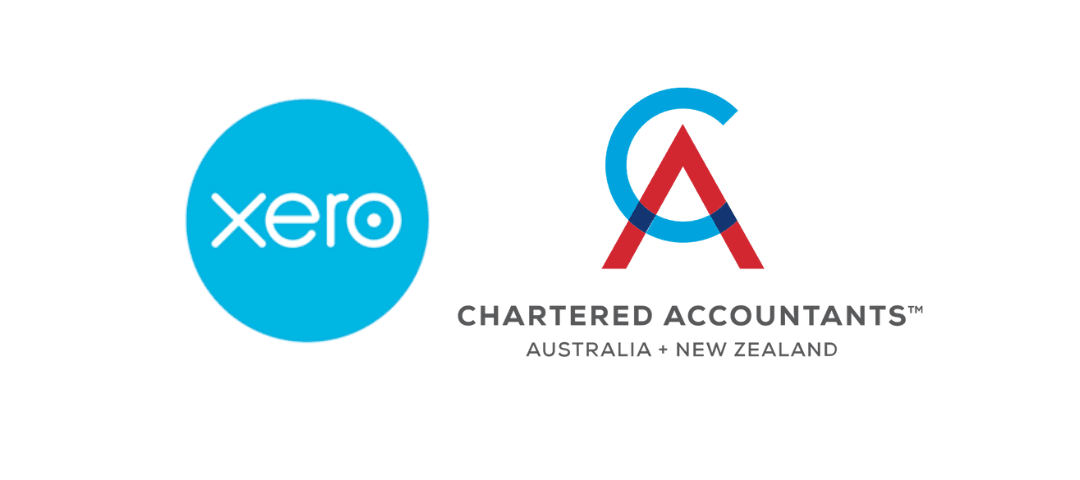The government has announced a $12bn economic stimulus package to assist with Coronavirus. Here are some of the key tax proposals
These changes are yet to be passed through law and some of the specific information is yet to be finalised. Most changes are proposed to have an effective date of 1 April 2020. We will continue to provide more information as it becomes available.
If you would like to discuss how these may affect you, please don’t hesitate to contact us.
Inland Revenue has the discretion to remit use-of-money interest (UOMI) for customers significantly adversely affected by COVID-19.
Currently, if you pay your tax after the due date, IRD will charge late payment penalties and interest. This change would mean if you pay your tax late, there are no interest costs.
This is proposed for tax payments due on or after 14 February 2020. Once legislation is passed, you’ll need to let IRD know you have been significantly affected by the COVID-19 outbreak and that you’re unable to make your payments by their due date.
We expect IRD to provide guidance to assist determining eligibility.
If your business is experience difficulties, or you are struggling to make your tax payments please contact us as early as possible. We have also outlined further options here and can discuss these will you based on your situation.
Increasing the provisional tax threshold from $2,500 to $5,000 from 31 March 2020
Currently, if your terminal tax liability is more than $2,500 you will have provisional tax to pay (tax in advance) for the following income tax year. Provisional tax is generally paid in three instalments during the year and the amount is 105% of the prior tax year amount.
With this change, provisional tax will only be required if your residual income tax is greater than $5,000. This proposal is expected to allow for some taxpayers (under the new $5,000 provisional tax threshold) to improve their cashflow during the year without paying provisional tax in advance.
Immediate deductions for low value assets
Currently, if a business purchases an asset for more than $500 it must be capitalised and depreciated at a prescribed rate from the IRD. For example, if a business brought a computer for $4,000 in April, they would be allowed a 50% depreciation claim ($2,000) in year one.
This change now results in an immediate deduction would allow the full $4,000 to be claimed as an expense in the financial year purchased.
IRD are proposing a temporary increase in the threshold to $5,000 for one year, reverting to $1,000 in the longer term (still higher than the current $500 threshold), which will reduce compliance costs for businesses. It will also have the side-benefit of stimulating business purchases.
Allowing depreciation on commercial and industrial buildings from 2020/2021
Depreciation on buildings has been removed since 2012.
This change reintroduces depreciation to be claimed at 2% diminishing value on new and existing commercial and industrial buildings including hotels and motels. This does not apply to residential dwellings.
Working for families – In Work Tax Credit (IWTC) hours removal
Currently, to qualify for the IWTC (an additional $3,200 of government support each year), one parent is required to work for 30 hours a week, and for sole parents, they are required to work 20 hours a week.
Now, these requirements to work a certain number of hours will be scrapped.
Contact Us
Contact Tim Doyle or Jane Evans today for a no obligation phone call or meeting on 07 823 4980 or contactus. Our office is in Cambridge, NZ, but distance is no problem. We have many international and national clients.
This material has been prepared for informational purposes only, and is not intended to provide, and should not be relied on for, tax, legal or accounting advice. You should consult your own tax, legal and accounting advisors before engaging in any transaction.



